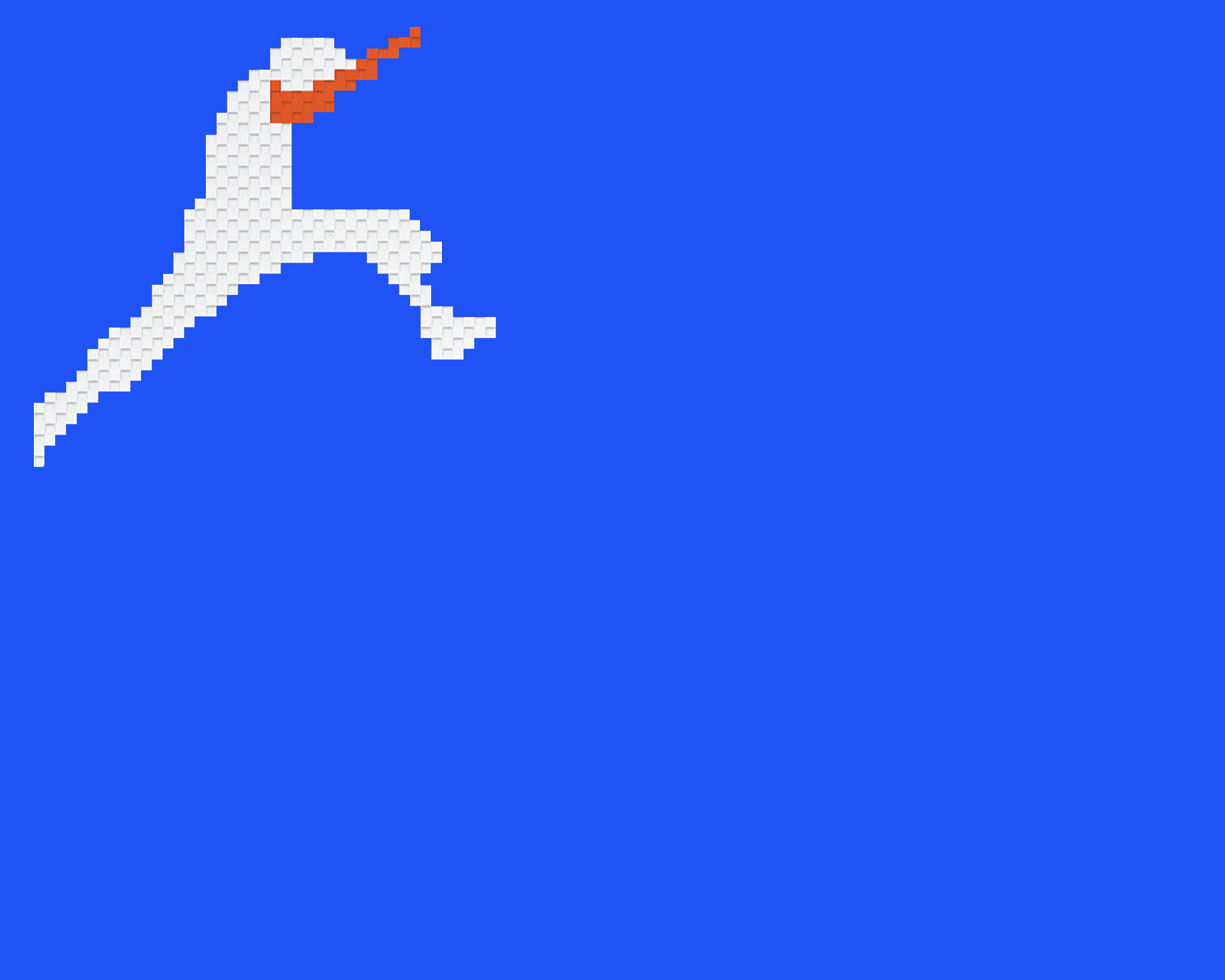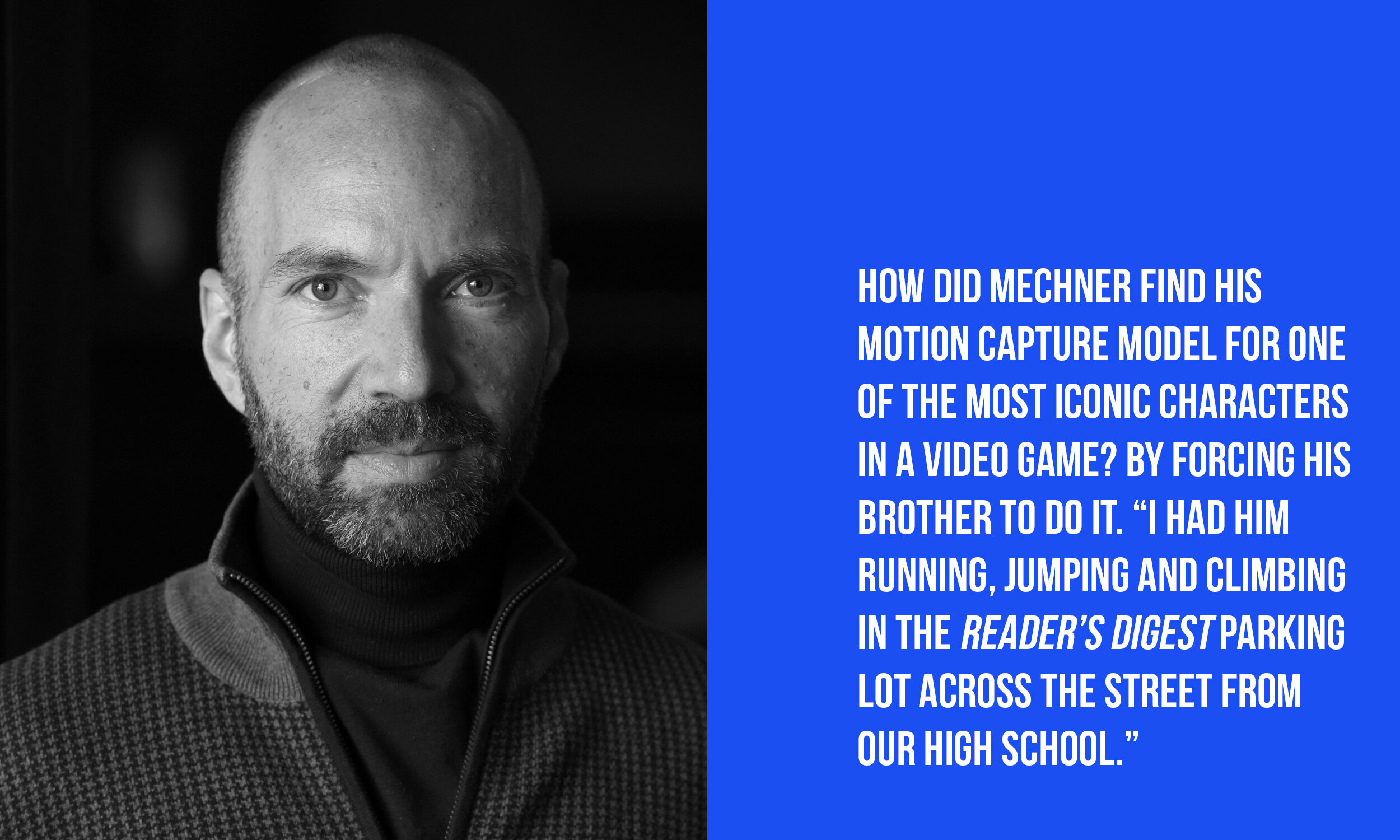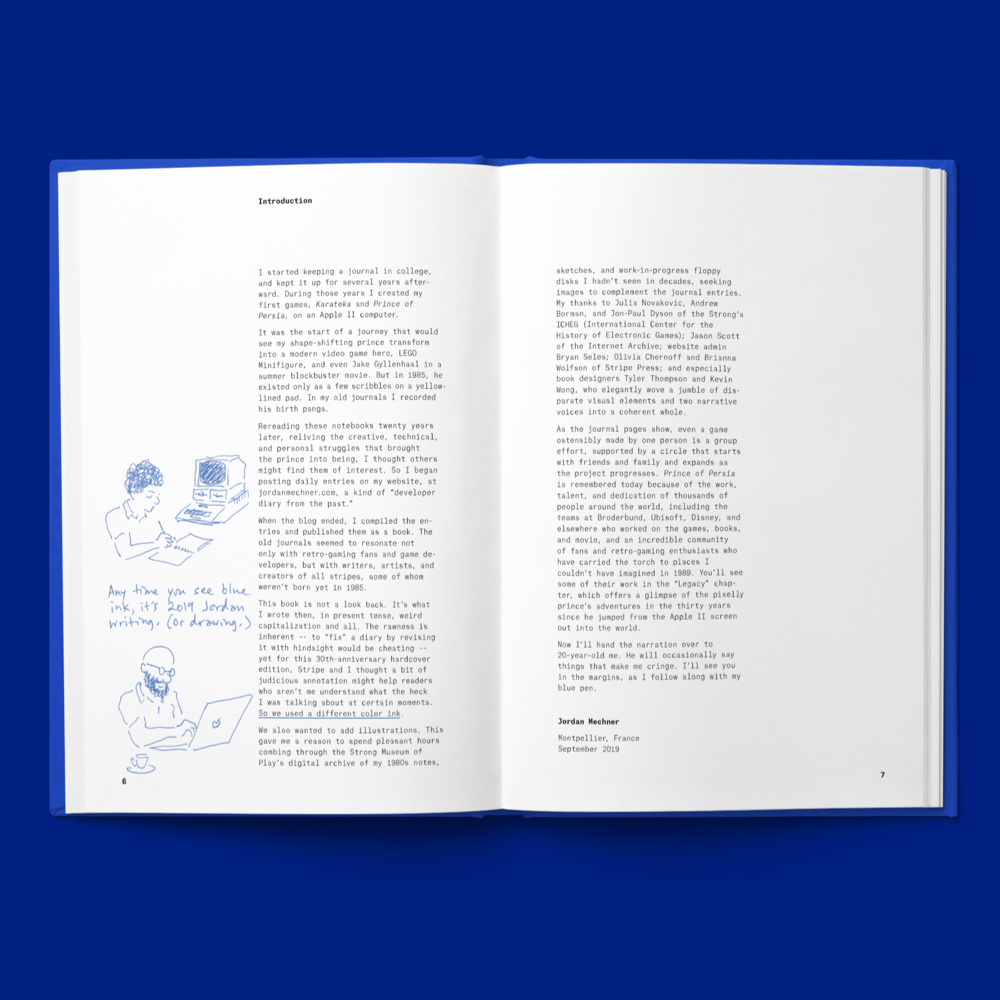
Long Odds: The Challenges Behind Making Prince of Persia.
Jordan Mechner releases a day-by-day account of what it took to create one of the world’s iconic video games.
/ JUNE 05, 2020
In 1989, then 25-year-old Jordan Mechner blended his passions of film and video games to create a new kind of cinematic video game that became a global best-seller and redefined the genre. But Prince of Persia almost didn’t make it out of the gate. The game was built for the Apple II, which in 1989 was “pretty much an obsolete, almost dead platform,” recalls Mechner. “I was releasing a good game on the wrong platform at the wrong time.” It took three years for Mechner to find the right tech platform and for Prince of Persia to catch on with the mainstream audience. It’s one of many instances that didn’t go according to plan.
Right now maybe you’re heading down a similar path. You’ve got an idea you’re ready to make real, and it's just not lining up. So you’ve read a few entrepreneurial journey books. But you quickly realize they are all crafted by victors—and you have no idea what will happen tomorrow. That’s why Mechner’s new book, The Making of Prince of Persia: Journals 1985-1993 (published by Stripe Press), is a must-read. His thoughts, feelings, and emotions in real-time reveal as much genuine uncertainty and doubt as confidence. We spoke with Mechner about how he navigated three hard moments.
Look for the Upside in Rejection: In his 20s, Mechner wrote a screenplay and, in the middle of making Prince of Persia, he spent eight months chasing his Hollywood dream. He landed an agent and producer and got “distracted almost to the point of not finishing Prince of Persia because of it,” says Mechner. His screenplay never got picked up, so he applied to film school at NYU. He got rejected there, too. The upside? He could devote all of his time and effort to making the video game, which he did.
No Money? No Worries: In 1985, making a video game was typically a one-person operation, and Mechner didn’t really have a production budget. So he did the honorable thing and wrangled family members to participate. His brother, who was in high school, became the motion capture model. “I had him running, jumping, and climbing in the Reader’s Digest parking lot across the street from our high school,” says Mechner, who filmed his brother’s movements and used them in the game. Mechner also looked to his dad, a composer, for the musical score. If you don’t have top tech or massive budgets, don’t sweat it—you’re in good company.
Images courtesy Stripe Press
If You’re Going to Bet Big, Place It On Yourself: After graduation, Mechner weighed an important decision: He could go work for Brøderbund Software as a salaried employee and earn a healthy income in return for Brøderbund owning the rights to whatever games he made, including Prince of Persia. Or, he could go about as an independent contractor and strike a publishing deal with Brøderbund. He chose the latter, which provided some cash to live on and the chance to own the copyright to Prince of Persia and 15 percent of all royalties. “The thing that ended up being most important was that I held onto the copyright,” says Mechner. “It made it possible for me to work with Ubisoft and Disney 20 years later on the new generation of Prince of Persia games and the movie.” What was he thinking? Go all in on himself. Smart bet.
Matt McCue is the co-founder of Creative Factor. He lives in New York City, but is willing to travel long distances for a good meal.



